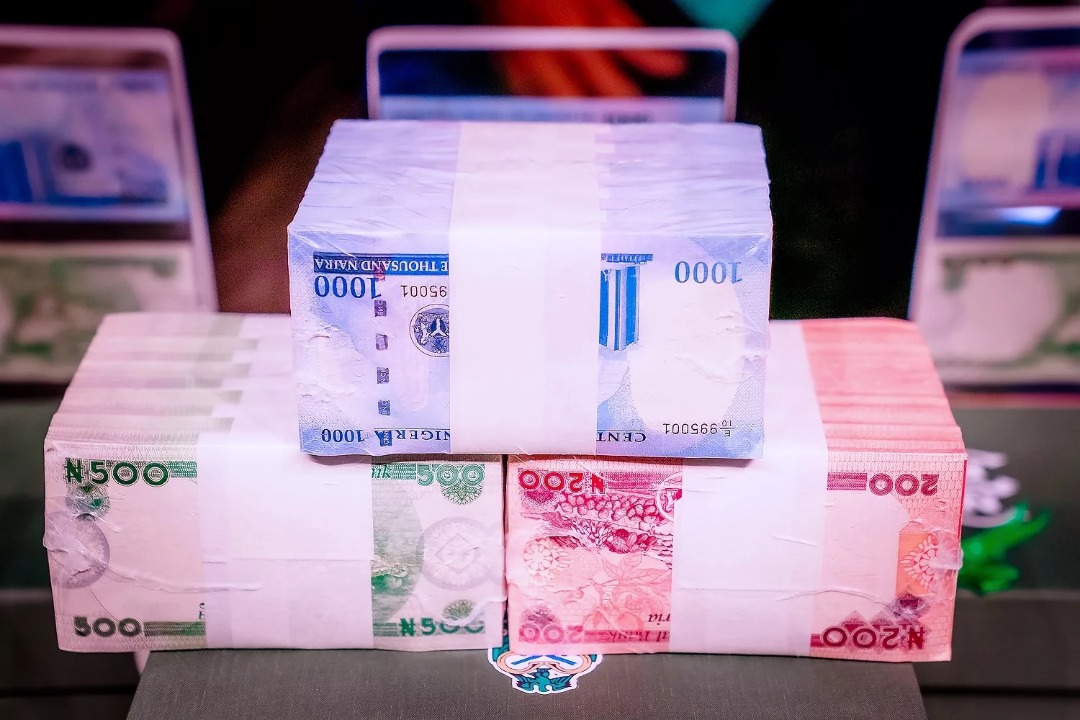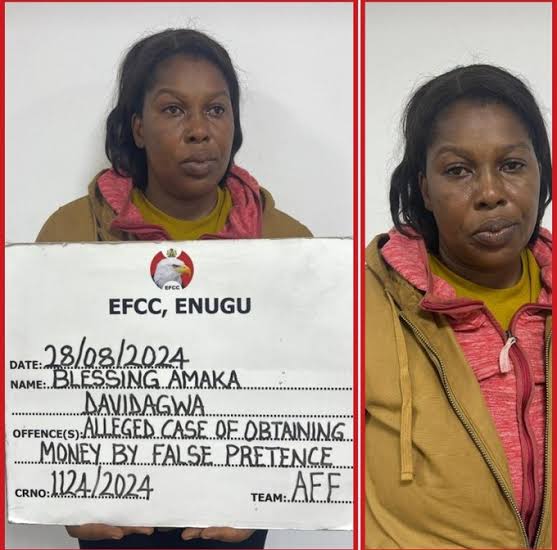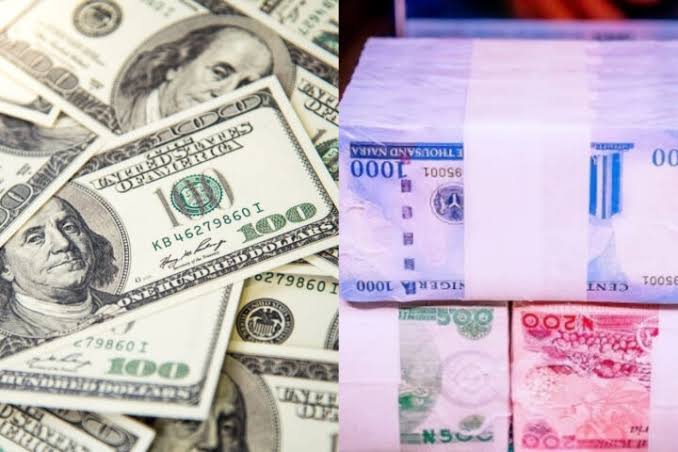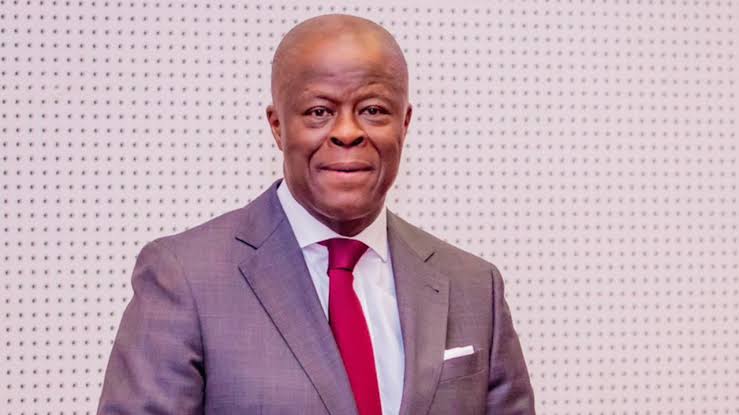International Monetary Fund (IMF) has reported that the naira, Nigeria’s local currency, is exhibiting signs of stability, largely attributed to recent interest rate hikes.
Gatekeepers News reports that in its global financial stability report presented during a press briefing in Washington DC on Tuesday, the IMF also emphasised that the naira’s improved stability is linked to the Central Bank of Nigeria’s (CBN) efforts in clearing the backlog of foreign exchange transactions.
On March 20, the CBN announced that it had successfully settled all verified outstanding foreign exchange (FX) obligations, although it noted that there remains an unverified amount of $2.4 billion under investigation.
“… in Nigeria, rate hikes and the clearing of overdue domestic central bank foreign exchange obligations have helped the naira show more signs of stability,” the IMF said.
The multilateral’s position comes amid push backs from stakeholders on certain monetary policy decisions of the central bank.
The CBN, since Olayemi Cardoso took over as its governor, has raised the interest rate multiple times to curb a raging inflation in the country.
In the latest hike on September 24, the apex bank’s monetary policy committee (MPC) increased the interest rate by 50 basis points to 27.25 percent.
The rate increase was immediately criticised by the Manufacturers Association of Nigeria (MAN) and the Lagos Chamber of Commerce and Industry (LCCI).
While the MAN said the policy would negatively impact the manufacturing sector, the LCCI argued that the expansion and sustainability of businesses would be hampered.
Speaking at the news conference, Tobias Adrian, the IMF’s financial counsellor and director of monetary and capital markets, acknowledged the efforts of the CBN in controlling inflation and stabilising the foreign exchange market.
“The central bank has been transitioning to an inflation-targeting regime and has liberalised the exchange rate, which we welcome,” he said.
“The rate hikes implemented so far have been appropriate, especially given the challenges posed by high inflation, which still stands around 30 percent.”







